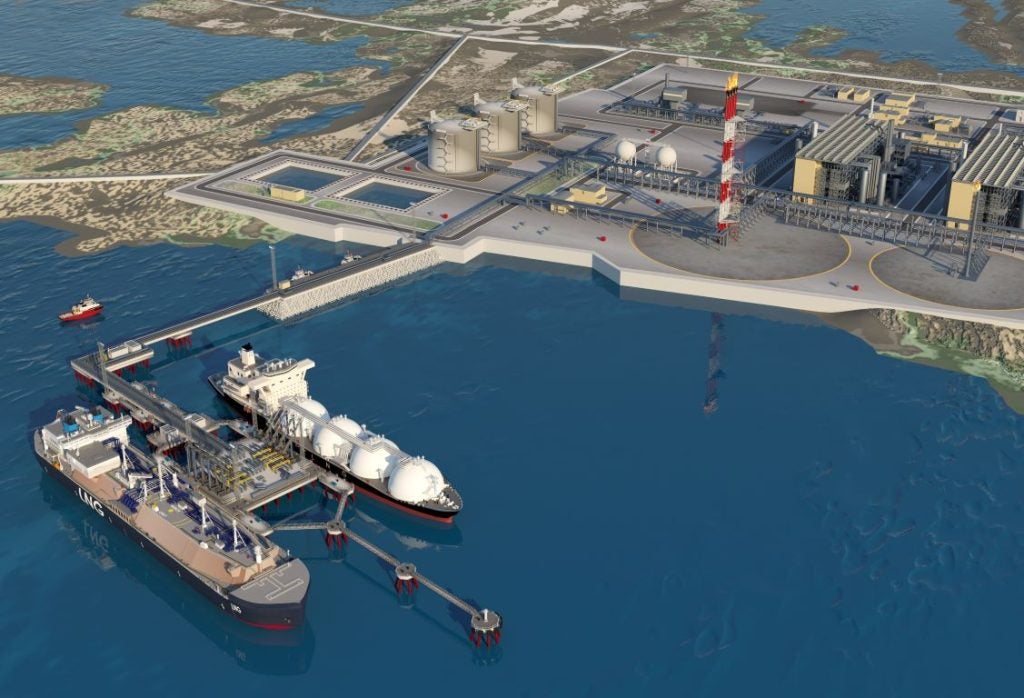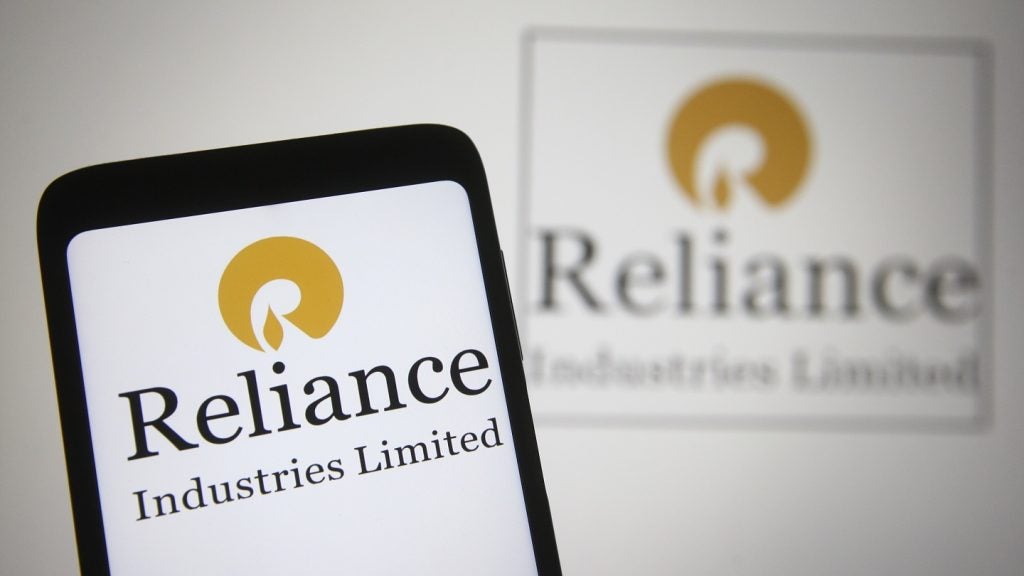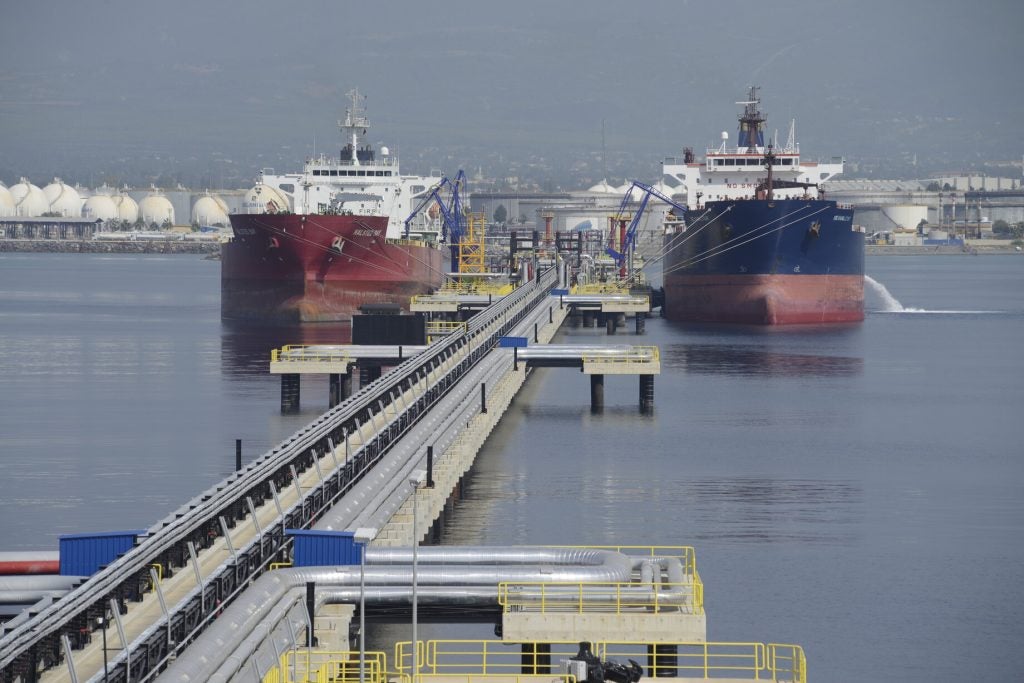
I came to work for Yukos in Russia in 2003. That was after a number of years of increasing exposure to doing business in Russia when I was hearing and seeing a lot of good things about this newly privatised company. Yukos really led the way for privatised companies and corporate governance in Russia.
So when I was presented with a chance to come to Yukos as CEO, I did so with enthusiasm and optimism. It appeared to be a great company in a country that looked to be on the right track, with unparalleled oil and gas reserves promising huge growth potential.
SAD SAGA
Unfortunately, that enthusiasm quickly turned to great disappointment. Only nine weeks after I arrived, Mikhail Khodorkovsky, head of Yukos, was arrested. It was known that there were tensions between Khodorkovsky and the Kremlin over his support for opposition political parties, but no one suspected that those tensions would have such a direct impact on Yukos, its 100,000 employees and, ultimately, its most valuable asset: Yuganskneftegas.
Yukos was one of the largest multinational oil companies in the world. The company had a market capitalisation of $40bn before the Russian Government began to levy what the company considered to be dubious and discriminatory taxes, and carry out illegal expropriation of property. Today, the market value of Yukos has plummeted to $2bn. Yet, despite this, Yukos still functions today.
See Also:
THE RISE OF YUKOS
How well do you really know your competitors?
Access the most comprehensive Company Profiles on the market, powered by GlobalData. Save hours of research. Gain competitive edge.

Thank you!
Your download email will arrive shortly
Not ready to buy yet? Download a free sample
We are confident about the unique quality of our Company Profiles. However, we want you to make the most beneficial decision for your business, so we offer a free sample that you can download by submitting the below form
By GlobalDataMikhail Khodorkovsky, along with his management team, transformed Yukos into a multinational enterprise managed according to the highest standards of operational efficiency, transparency and corporate governance. Yukos was successfully transformed into a viable, debt-free, international oil company.
During this time it achieved a number of firsts: Yukos became the first Russian company to switch to international accounting standards, and the first Russian-based multinational to disclose its management and ownership structure to the public.
The company’s annual production output grew, and in 2003 Yukos produced nearly 20% of all Russian crude oil, and refined and marketed nearly 20% of the refined products in Russia. In terms of operating efficiency metrics, Yukos continually improved until it led all Russian companies in terms of operational and capital expenditure, lifting costs and productivity per well. By all measures, Yukos was the success story of the new Russia.
THE COMPANY’S FALL
However, between April and December 2004, a transparent, globally respected multinational corporation was subjected to a series of carefully timed and, some say, politically motivated attacks by the Russian Government.
In addition to the expected taxes, which the company paid, the government levied additional tax assessments against Yukos, as well as penalties, fines and interest, eventually totalling $27.5bn.
They were based on government audits of Yukos’ books, which had already been audited by PriceWaterhouseCoopers and formally audited and confirmed as correct by the Russian tax authorities.
Yukos has always maintained that the company used legal and government-approved tax optimisation provisions, and that allegations that Yukos had acted illegally could only be made under a selective and retroactive reinterpretation of Russian tax law that could not reasonably have been anticipated.
Yukos maintained that it had paid its taxes and disputed the additional levies that were made. Nevertheless, the company continued to act in a responsible manner. The company challenged the tax claims through all the available legal, political and diplomatic channels, and as a sign of its interest in finding a reasonable resolution, it began to pay some of the taxes.
The uncertainty about Yukos’ future destroyed the company’s ability to obtain financing to pay the new tax assessments. The government eventually declared that the bailiffs would have to seize Yuganskneftegas and sell it at auction to pay the outstanding tax.
The buyer was an almost unknown company which sold its prize to the government oil company, Rosneft.
FIGHTING BACK
Yukos continues to do what it can to protect the interests of its stakeholders. With its core production unit renationalised, the company’s structure must change to reflect the fact that, at least for the moment, Yukos is a smaller, though still significant, oil company.
So, Yukos has continued to plan for a viable future and a restructuring plan was recently announced. The focus of the company remains on continuing to meet its business objectives, maintain safe and efficient operations, and revive the corporate team spirit that has been an important part of its success.
Operationally, Yukos’ first significant step in the restructuring process was to reduce the number of its management companies from three to two. An unfortunate result of this will be a reduction in the number of employees at its Moscow office from around 1200 to 450. However, the business will be more efficient and simpler to run.
Yukos’ commitment to its operations plan is matched by its wish to secure justice for all its stakeholders. The company has invested significant time and energy on two legal claims. Yukos has filed one claim to annul the auction of Yuganskneftegas and made a claimed for damages suffered as a result of the auction, an amount in excess of RUB324bn.
A WAY FORWARD
The treatment of Yukos has made front-page headlines. The EU has condemned the actions against Yukos, while the US Senate Foreign Relations Committee has also registered its disapproval. A modern, globally respected company has been dismantled in a series of carefully timed and politically motivated attacks by the Russian government. It’s a sobering sight for potential investors in Russia.
That said, Yukos wants to keep pumping as a stable, reliable and efficient oil producer, and it is not too late for the Russian authorities to change course and allow Yukos to regain its prosperity.







